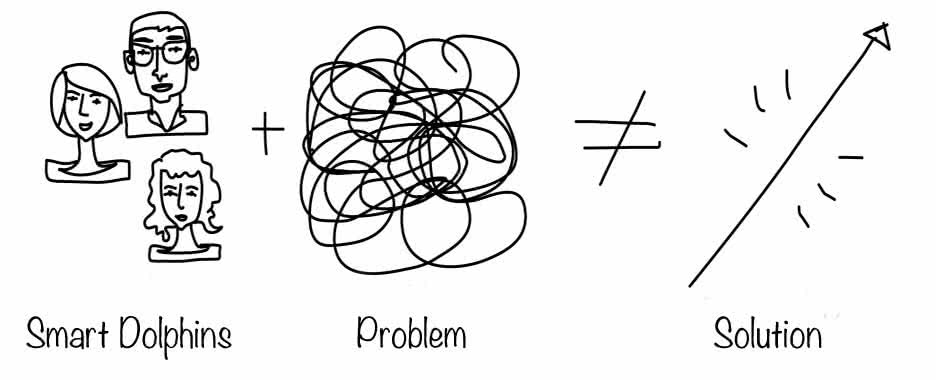
Proactive IT support
Category : Business | Posted : Sep 2, 2015
The other day, I arrived at a meeting with a prospective client who called us in to chat about their technology needs. This is something I do all the time in my role as Technology Ambassador. When I arrived, I was informed that “the problem was resolved, so we weren’t needed.” I hate to be rude, so I left my card and departed, but I did let them in on a little secret: The best way to fix the problem is to prevent it in the first place. This might sound obvious when you think about anything else in your life – you tune up your car, you get your fire extinguisher’s checked, you replace batteries in your fire alarm. To prevent the spread of germs, you wash your dishes before you use them again, you take out the garbage, you clean your bathtub from time to time. Of course, you don’t have to do any of these things. But when you don’t do them, you roll the dice, and take unnecessary risks. For some reason, when people think of IT support, people think differently. Rather than fix the problems as they arise, why not prevent them before they happen? Here’s a stark example of why this is so important… One of the very first clients I brought on at Smart Dolphins was a group of very smart people in a very complex, data-intensive industry. They understood the value of preventing problems before they started, so they chose us – as our service model ensures you have the most reliable, foolproof systems possible. In the process of evaluating their systems when they first joined, we noticed something alarming. Those routine backups they were diligently doing each and every day, and certainly weren’t identified by the client as a concern – well, they weren’t actually working, at all. In a reactive model of support, it’s quite possible the non-functioning backup would have ever been found until it was needed. They weren’t calling somebody because they were worried about their backups – they were doing backups all the time, no error message, no problem. In a proactive model of support, backups, of course, is one of the first things we check, and we continue to check and test as part of our ongoing support process. All things being equal, what style of support would you prefer to have in your business?

Custom GPTs: Revolutionizing Operations for SMB’s
In today’s fast-paced digital economy, small and medium-sized businesses (SMBs) are constantly seeking innovative solutions…
Learn To Utilize AI Safely And Effectively
Utilizing artificial intelligence (AI) can significantly boost your team’s efficiency, creativity, and output. However, adopting…


